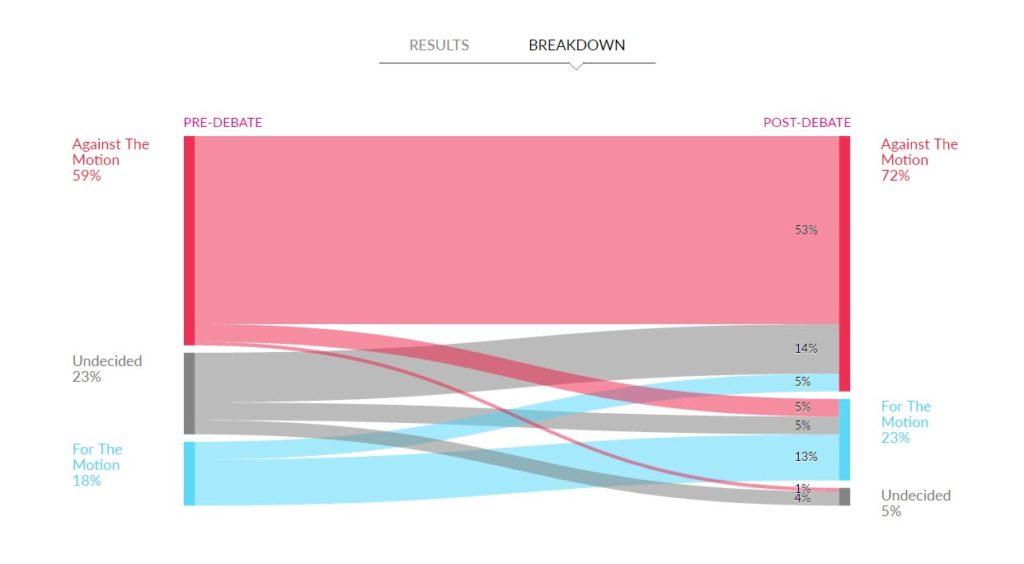The Climate Change Debate Continues
The “Clean Power Plan” was devised by President Barack Obama to help fight the effects of climate change, and it involved having each U.S. state reduce its carbon-dioxide output by 30 percent by the year 2030. The Environmental Protection Agency is the governing body tasked with overseeing the implementation of the Clean Power Plan, but increasing controversy surrounding the measure has led many to take a closer look at its tenets and whether the EPA may, in this case, be overstepping.
To reduce emissions as required by the plan, American businesses must comply with specific EPA regulations. Some believe that doing so will hinder the nation’s stance as a pillar of industry by limiting output and forcing companies to rely on technologies that have not yet been thoroughly tested for safety or efficacy. Others believe that the United States has a duty to lead the rest of the world in terms of working to prevent climate change, and that, rather than prove a hindrance, forced compliance with the Clean Power plan will encourage innovation.
Intelligence Squared U.S. recently united both sides of the aisle on climate change with the proposition “Climate Change: The EPA Has Gone Overboard.”
The Teams
The IQ2US panelists debating for the motion were Charles McConnell, executive director of Rice University’s Energy and Environment Initiative, and Michael Nasi, an environmental lawyer and partner with Jackson Walker LLP. Debating against the motion were Carl Pope, former executive director of the Sierra Club and a strategic advisor to Michael Bloomberg, and Jody Freeman, founding director of the Harvard Law School Environmental Law and Policy Program.
The Research
Proponents for the motion argued that the downfalls of the Clean Power Plan effectively negate any of its benefits. They noted that pollution is hardly specific to the United States, and that by doing far more than other countries to prevent climate change, Americans are positioning themselves for failure, economically. They also noted that states should not be forced to comply with the carbon dioxide-reduction plan or adopt a federal one, because doing so is a violation of the 10th Amendment. Furthermore, they noted that the EPA’s regulations mean many existing businesses and energy plants must close, leaving Americans with little recourse other than to rely on untested, potentially dangerous technologies that serve as threats to U.S. energy security.
Opponents of the motion cited a 2009 finding by the EPA that greenhouse gases were a threat to public health and welfare, noting that this threat to the American people should be of greater concern than a potential threat to the U.S. economy. They also countered proponents’ arguments that the EPA’s regulations led to the use of untested technologies by noting that these industry changes would instead encourage technological innovation, thus better positioning the U.S. as a leader within the global economy. They also countered arguments claiming the EPA was in violation of the 10th Amendment in forcing states to comply with its regulations, noting that the EPA’s actions were made to target pollution, specifically, and were therefore regulations of industry, and not individual states.
Live Voting Results
Prior to the debate, 18% of audience members were for the motion, 59% were against it and 23% were undecided.
After the debate, 23% were for the motion, 72% were against it and 5% were undecided. See how the side against the motion changed the most minds here, and cast your vote online now.




